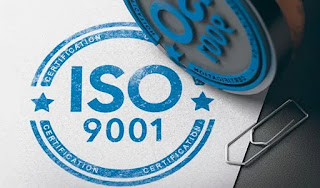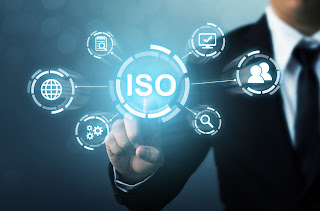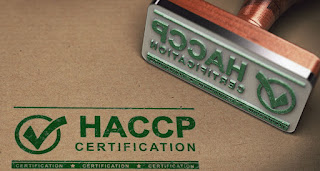What are the benefits of ISO 9001 certification in Dubai, UAE?

Obtaining ISO 9001 certification in Dubai, UAE, offers several benefits to organizations: Enhanced Quality Management: ISO 9001 certification helps organizations establish robust quality management systems (QMS), leading to improved product and service quality. Increased Customer Satisfaction: By adhering to ISO 9001 standards, organizations can better meet customer requirements and expectations, leading to higher levels of customer satisfaction and loyalty. Improved Efficiency: Implementing ISO 9001 principles such as process standardization and continuous improvement can enhance operational efficiency and productivity within the organization. International Recognition: ISO 9001 certification is globally recognized, enhancing the reputation and credibility of organizations in both local and international markets. Competitive Advantage: ISO 9001 certification sets organizations apart from competitors by demonstrating their commitment to quality, which can lead to increased opportun...


.jpg)

